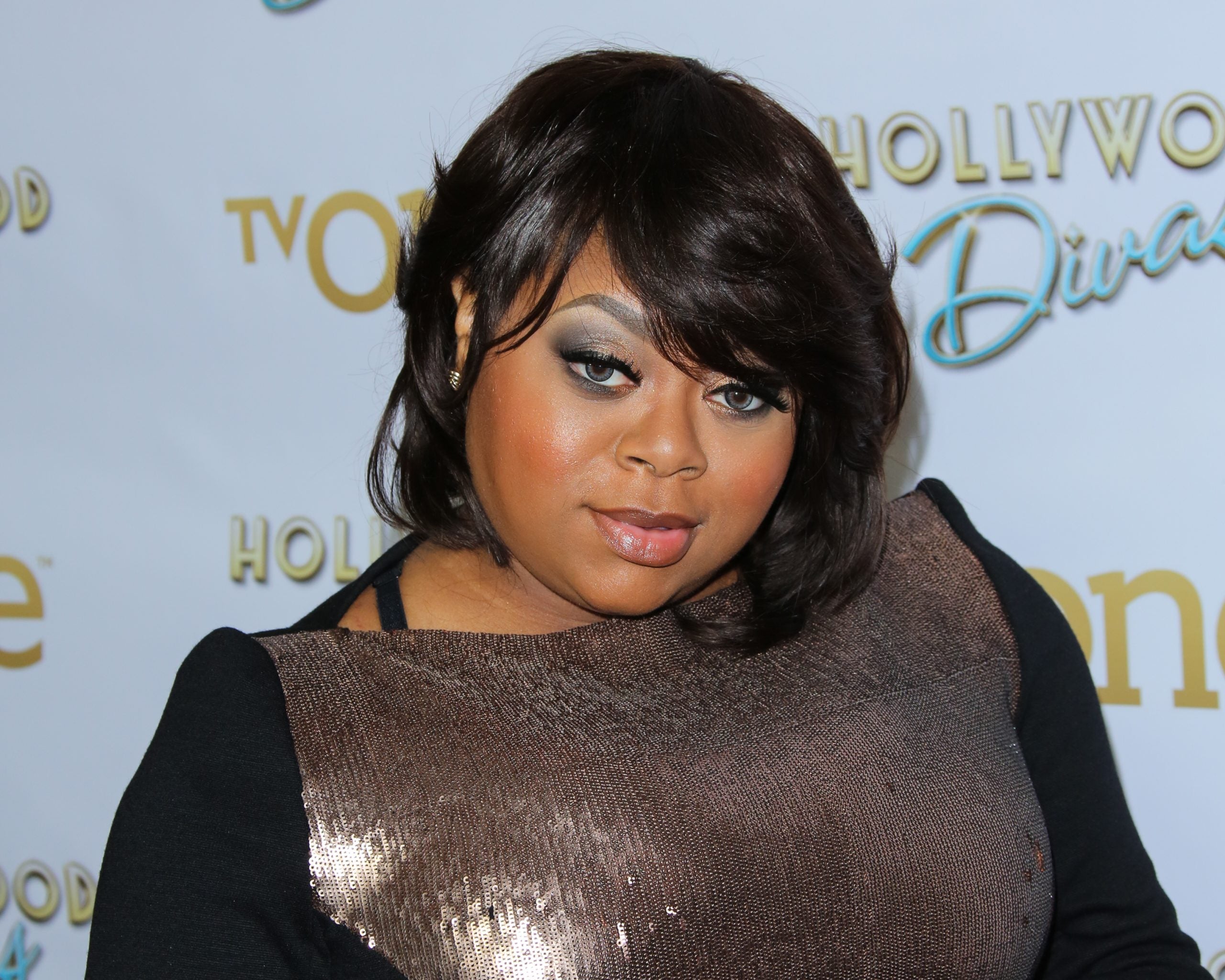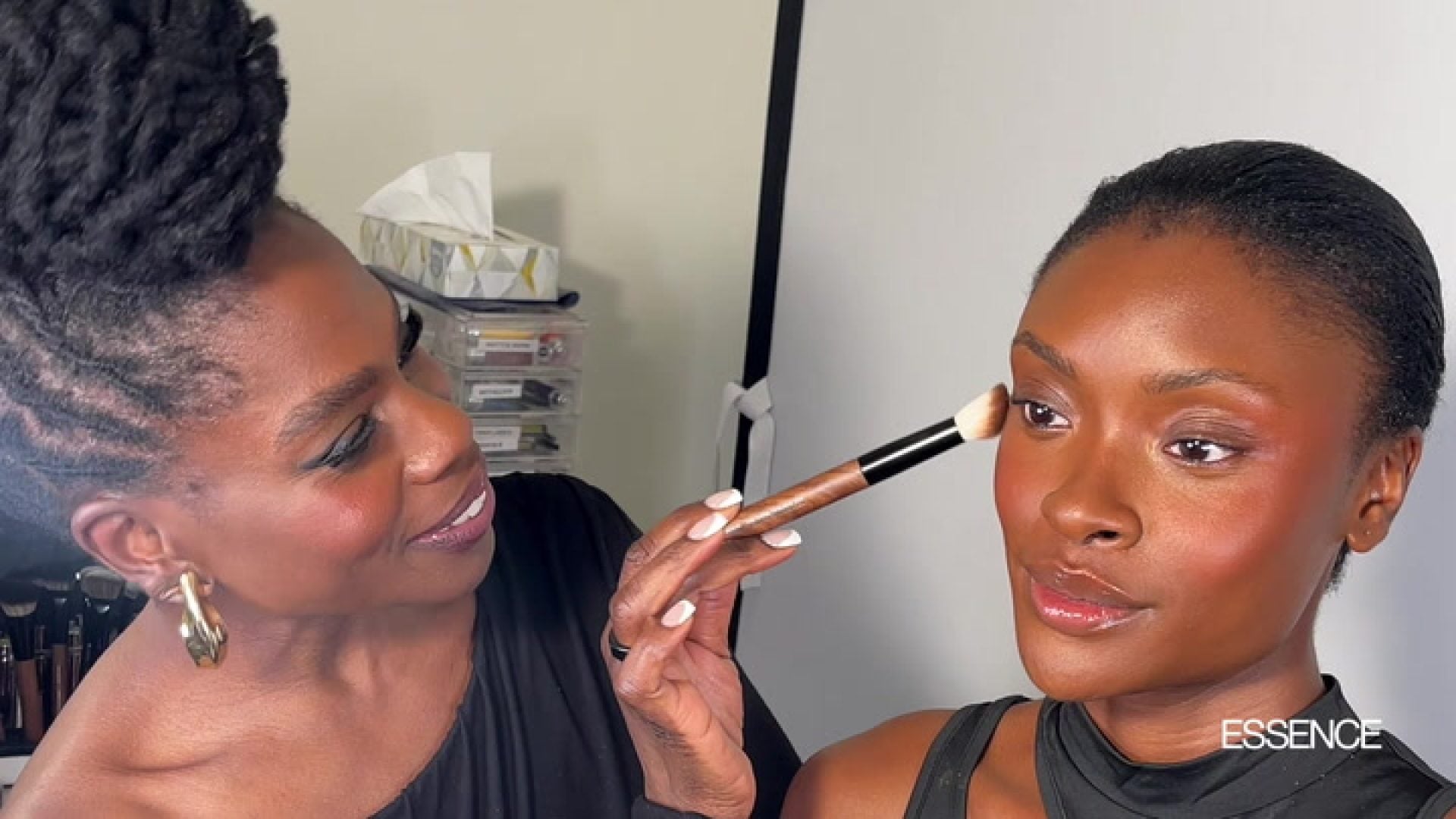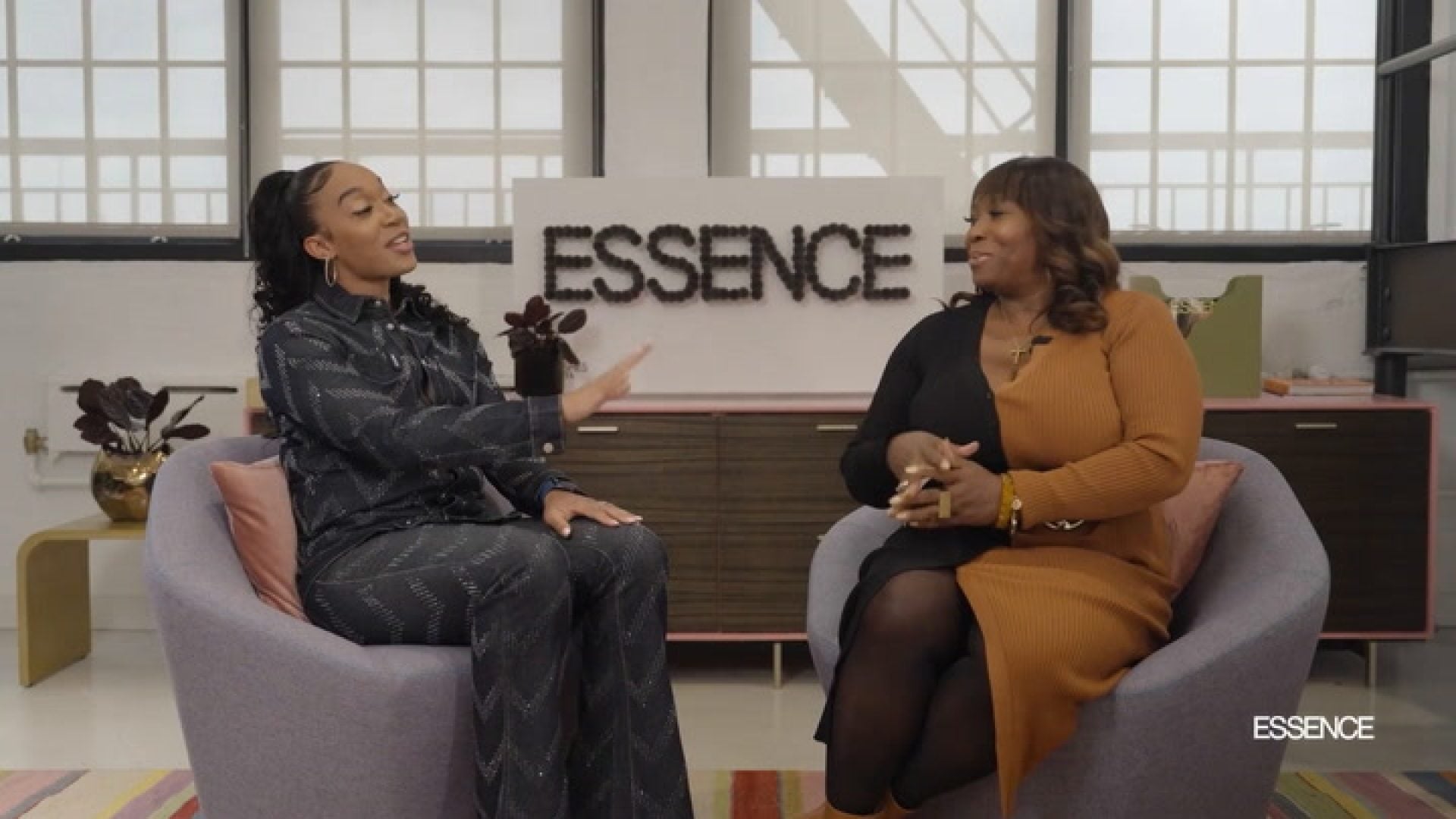
We all fell in love with the witty charm of actress Countess Vaughn on classic sitcoms like Moesha and The Parkers, but the TV star is shedding light on what it was really like for her to portray the character of Kim Parker on the small screen.
In a recent interview with fellow actress Cherie Johnson, known for Family Matters as well as The Parkers, Vaughn opened up about her experience having her body compared to white co-star Jenna von Oÿ, who played Stevie on The Parkers, and how that ultimately affected her self-esteem and led her to get silicone butt injections.
“They used to clown me on the show. They’d be like, ‘you’re a Black girl and Jenna von Oÿ’s butt is bigger than yours and she’s a white girl,” she recalls. “And that used to bother the heck out of me. That used to be the joke, all the time.”
Johnson and Vaughn went on to reflect on the fact that cast mates nicknamed von Oÿ “white chocolate” due to her figure. Vaughn’s self-confidence took a hit at the time when she saw the attention that von Oÿ’s physique would garner on set.
“Because I’m a Black girl and I’m supposed to have a big butt,” she said. “You know, you fall into these stereotypes. You feel like, ‘I’m supposed to have this.’ And then you’d see all the attention she would get for having it. They would lose their minds. I’m like, ‘a– is everything.’”
The two continued their conversation by discussing the pressures of being a young, Black actress in Hollywood who didn’t fit the industry’s typical body standards. Vaughn recalled being “absolutely” self-conscious due to the writing on Moesha and the fatphobic jokes aimed at her character.
“And I get mad at myself because I was a lot smaller when I was on Moesha, and they made me the fat kid,” she says. “The jokes. Even the first episode… the line was, ‘oh, it’s baby fat,’ and whats-her-name goes, ‘no, it’s fat, baby.’”
Those jokes have since been called out. In 2020, news of Moesha being acquired by Netflix brought both excitement and some disappointment after fans began to notice the number of fat-shaming one-liners in the first season of the show.
While there’s been some change in how stories of full-figured characters are represented on screen, and in the kinds of bodies we see (thanks to the body positivity movement), Vaughn’s experience shows the lasting effects of the close-minded way things were (and can still be).
She deserved better.




